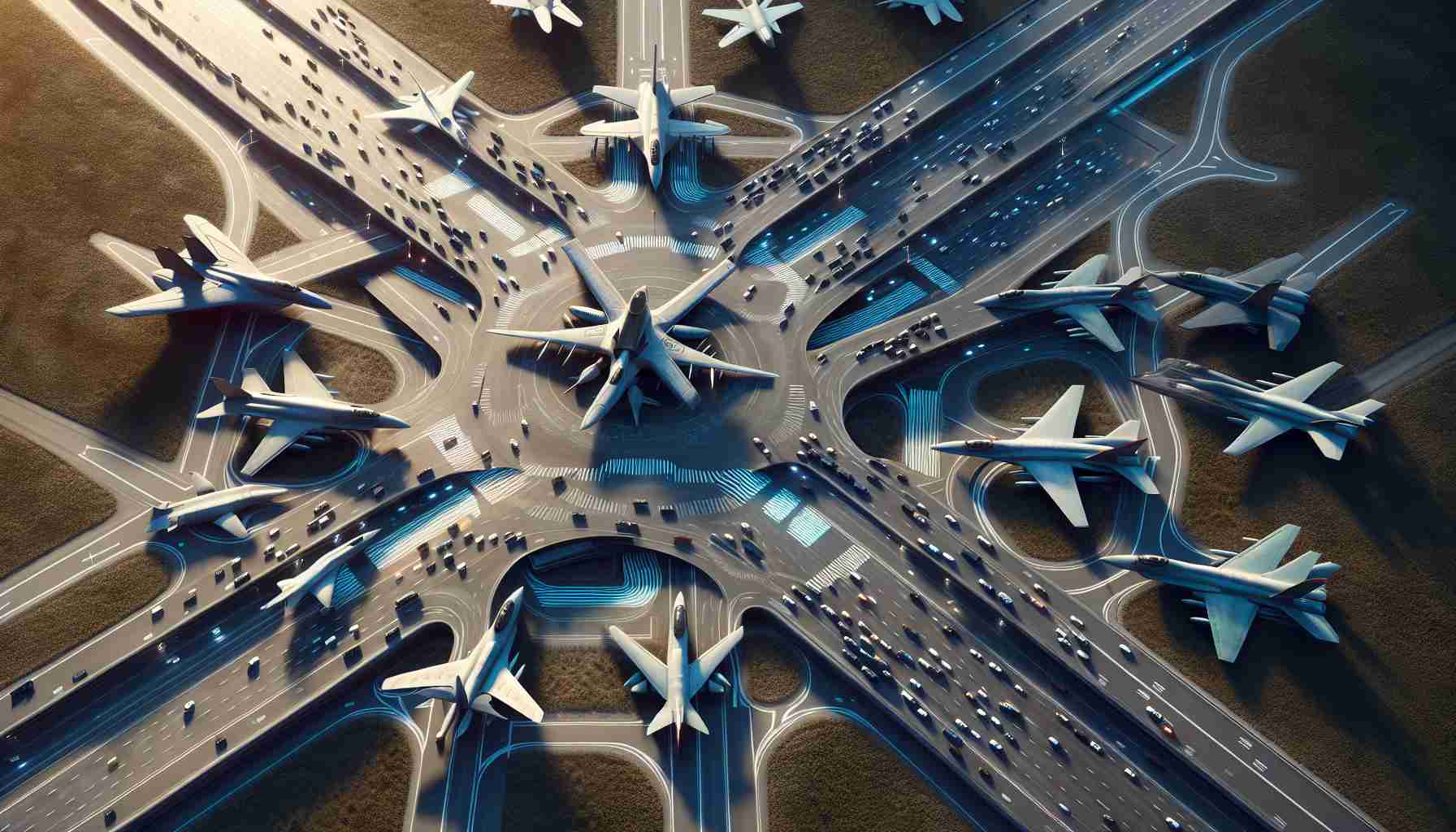Discover how smart HVAC technology is revolutionizing urban environments, enhancing energy efficiency, and promoting sustainability.
Leading the charge in the adoption of smart HVAC solutions are urban areas across the globe. HVAC systems are increasingly becoming intelligent, catering not only to comfort but also to environmental concerns. Building Automation Systems (BAS) have emerged as a key component, managing HVAC, lighting, fire, and security systems efficiently. The rise in construction projects has paved the way for the widespread integration of BAS, contributing to significant energy savings and enhanced user experience.
In the realm of air handling units (AHU), innovative trends are reshaping the market landscape. From ductwork design to airflow control mechanisms, the focus is on optimizing energy consumption while ensuring indoor air quality and safety standards. Rooftop units are gaining popularity in commercial spaces for their compact design and superior thermal comfort. Variable air volume (VAV) and constant air volume (CAV) systems play a pivotal role in distributing air effectively.
Despite the growth and potential of smart HVAC technologies, challenges persist. Intense market competition coupled with the pressure to maintain competitive pricing poses hurdles for industry players. For urban spaces, the demand for sustainable HVAC solutions and adherence to stringent regulations present ongoing challenges. However, advancements in sensor technology, communication tools, and open protocols are driving the market forward, offering opportunities for innovation and growth.
In a fast-evolving urban landscape, the evolution of smart HVAC technology is key to creating energy-efficient, sustainable environments that prioritize both comfort and environmental responsibility.
The Next Wave of Smart HVAC Technology: Exploring Uncharted Territory
As smart HVAC technology continues to evolve, a myriad of new developments are reshaping the landscape of urban environments. From advanced sensor integration to real-time energy monitoring, the next wave of innovations is poised to revolutionize how buildings are heated, ventilated, and cooled.
Key Questions and Answers:
1. How are advancements in sensor technology impacting smart HVAC systems?
– Sensor technology is playing a crucial role in enhancing the efficiency of smart HVAC systems by providing real-time data on temperature, humidity levels, occupancy, and air quality. This data enables precise control and optimization of HVAC operations, leading to improved energy savings and indoor comfort.
2. What are the key challenges associated with the adoption of smart HVAC technology in urban environments?
– One of the key challenges is the initial capital investment required for upgrading existing HVAC systems to smart solutions. Additionally, interoperability issues between different systems and the complexity of integrating diverse building automation technologies can pose obstacles to seamless implementation.
Advantages:
– Enhanced Energy Efficiency: Smart HVAC systems offer precise control over heating and cooling operations, leading to significant energy savings and reduced utility costs.
– Improved Indoor Air Quality: Advanced filtration systems and real-time monitoring help maintain optimal indoor air quality, promoting occupant health and well-being.
– Sustainable Practices: Smart HVAC technology enables buildings to reduce their carbon footprint by maximizing energy efficiency and reducing wastage.
Disadvantages:
– High Initial Costs: The upfront investment in smart HVAC technology can be substantial, especially for older buildings that require extensive retrofitting.
– Technical Complexity: Implementing and maintaining smart HVAC systems may require specialized knowledge and ongoing technical support, which can add complexity to building management.
In conclusion, while the evolution of smart HVAC technology presents numerous advantages in terms of energy efficiency and sustainability, there are also challenges that need to be addressed to ensure seamless adoption in urban environments. With continuous advancements in sensor technology and interoperability standards, the future of smart HVAC systems looks promising for creating more intelligent and sustainable built environments.
For more information on the latest trends in smart HVAC technology, visit HVAC.com.




















